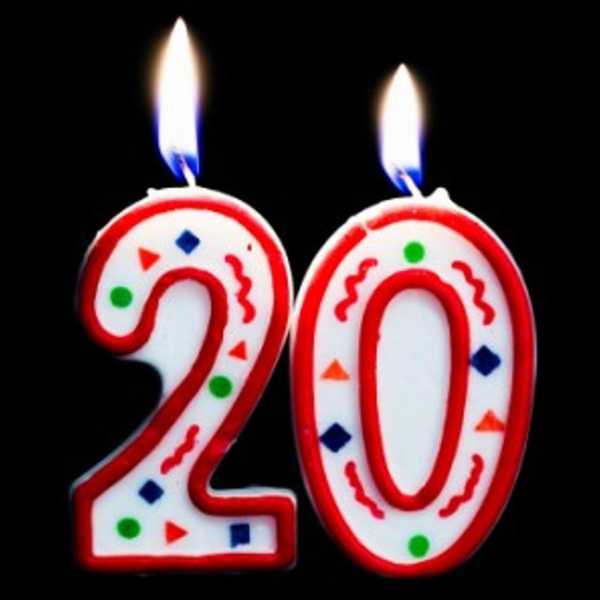You’ve probably seen the word “adulting” somewhere online. Grammar Girl defines adulting as "acting like an adult or engaging in activities usually associated with adulthood -- often responsible or boring tasks," and from a popular book to countless tweets the neologisms seems to have fully penetrated the popular vernacular.
Turning nouns into verbs is as old as the English language; where you once gave a gift you "gift" and where you once had access to something you now "access." Verbing a noun, or "denominalization," as it is more technically known, usually makes a sentence more personal and less wordy. Adulting, though, doesn't seem to reflect such changes. Rather, adulting reflects a more recent trend of turning nouns into verbs out of fear of the noun itself. Don't want to be an adult? Don't worry, you just have to "adult" your way through life. The fear of growing up and becoming an adult is, of course, natural but there comes a point in everyone's life where faking it just isn't going to be good enough. You will, at some point, be expected by your peers or elders to actually be an adult rather than just wander through your responsibilities aimlessly.
Adulting reflects a more recent trend of turning nouns into verbs out of fear of the noun itself.
College and young adulthood is only a pit stop in a life that is mostly adulthood. Imagine going to college for the first time and not describing yourself as being a college student, but merely "college-ing." You are in college and that is expected of you. You wouldn't chastise a child for acting like a child because they are expected to be a child. So, why are we granting ourselves the exception as adults? We are afraid of growing up so we aren't an adult, but rather we are just "adulting." Using the fake verb implies that you are doing something abnormal for your situation, as though you -- an almost-graduated or graduated person -- should not be called an adult. You would mention to a high schooler that something they've done is very "adult" of them. It's strange to say it to an actual grown person because you, and society, has the expectation that they simply are an adult.
This isn't to say, ditch any wonderful whimsy you may still have. Perspective is always a good thing, and even the most uptight person needs to let loose sometimes. But in the adult stage of life the expectation is that, generally, you act like one and saying that you're "adulting" is an instant tipoff that you're not quite ready to call yourself an adult. Even if some people are fine with that, most people, including your bosses, coworkers, and parents expect you to be an adult. And perhaps we need a term for the void that adulting fills. Oh, wait, we have one, and it's called "growing up.
Everyone has to grow up sometime, so stop putting it off by adulting and start being an adult.
Everyone is granted leeway while adjusting to adult life and growing up, but they are expected to actively work on their own identity as they age. Telling someone how much you adult is both an instant signal that you don't yet identify as fully an adult, and that you are actively hiding from it. Everyone has to grow up sometime, so stop putting it off by adulting and start being an adult. You may not get it right all the time, and it may not always be a smooth transition, but half of being an adult is in the name itself.





















